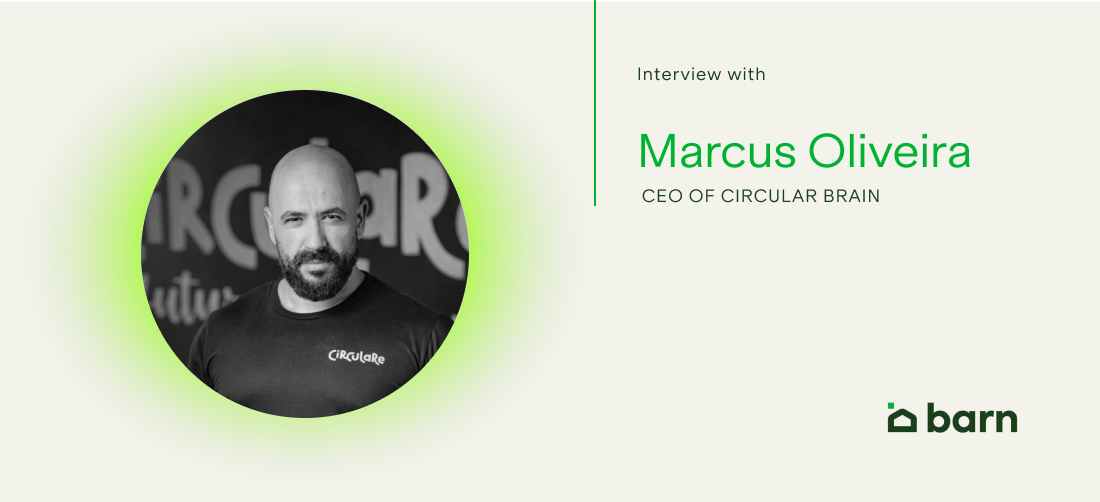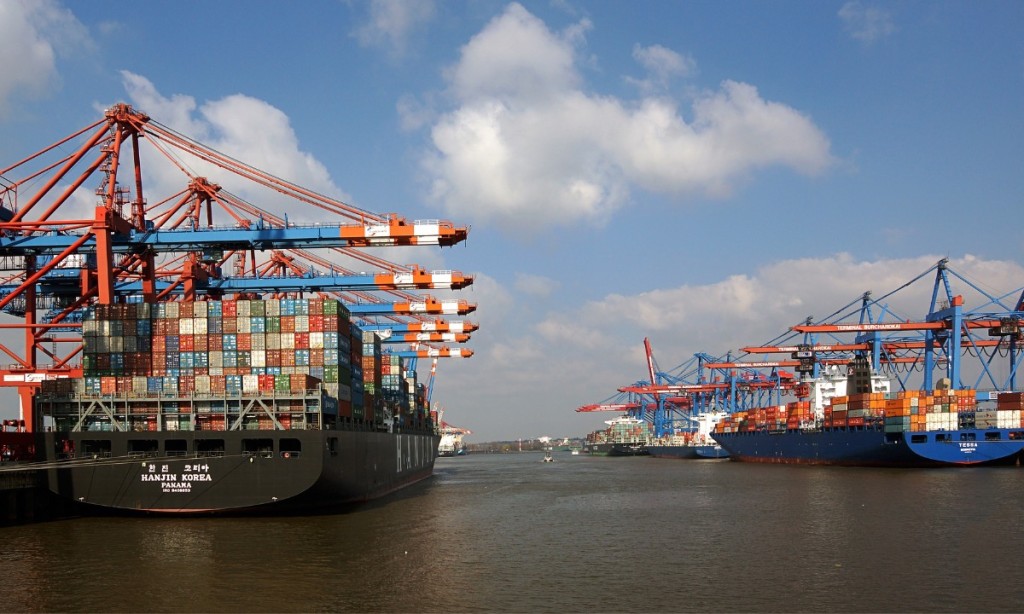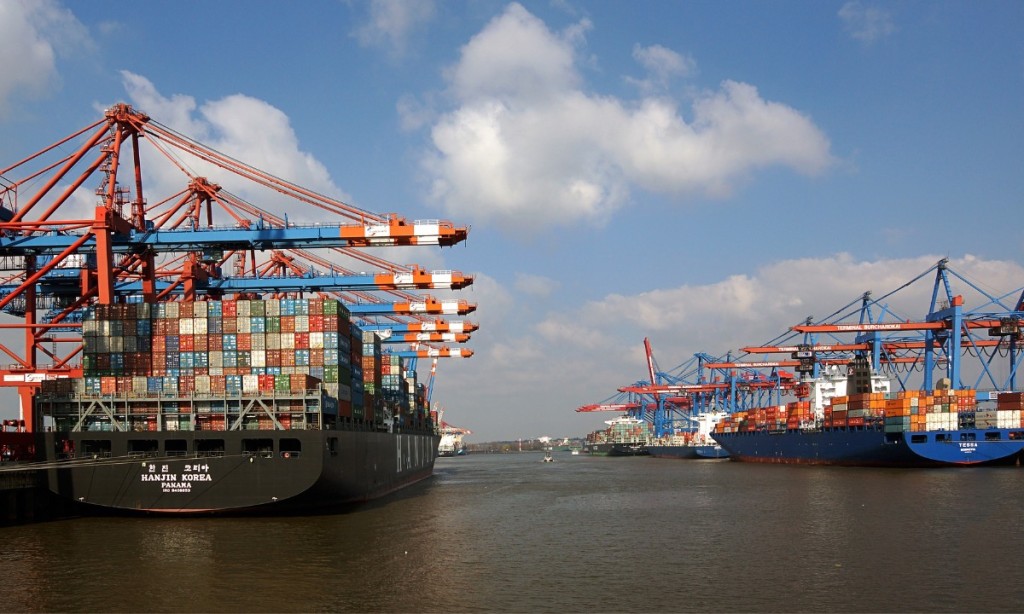Interview with Marcus Oliveira, CEO of Circular Brain


What sparked the idea behind Circular Brain?
Marcus William Oliveira: As a biomedical scientist, I was in the midst of pursuing a doctorate in neuroscience when I decided to return home to assist my family with their electronics recycling business. Throughout this journey, I had numerous ideas to attempt to scale the recycling business solution. I was always thinking about how we could effectively scale the business in Brazil. So, I decided to take a course at Harvard Business School on disruptive strategies and read a book called Management of Tomorrow - which discusses innovation and digital platforms. This course and some readings helped me connect all the ideas I had gathered during those 10 years, and through technology, they finally came to life. I had always envisioned creating a network of recyclers, with traceable data, and all of this became a reality through the use of technology.
Looking back on your journey so far, is there anything you would have done differently or wish you had known when you started?
Marcus: I often find myself pondering this type of question since it is quite common. Honestly, I don't think so. Our journey is a learning curve; we're running a marathon, not a short race. Had I done anything differently, we would never know what the outcome would be. Learning is an important aspect of the growth process.
We have made some mistakes along the way, such as the initial version of the product that was wasted and affected our finances. I had heard people say it wouldn't work. It taught me the importance of trusting my heart, intuition, and individuals whom I believed had more knowledge to guide me. But at the end of the day, it was a learning experience; mistakes are part of learning.
What was the most difficult part of launching Circular Brain in the early days?
Marcus: When Circular Brain was born, it already had a previous story due to my background. So it began with capital raised from an angel investor and a preliminary product that was ordered and developed by a third-party company. One of the biggest pain points I experienced was having this initial product version, because the solution proved to be inadequate and unsuitable for scaling, which I only discovered later. When I presented the beta version to investors, expecting to raise funds, I received feedback that the timing wasn't right.
Receiving negative feedback from investors was challenging. It was painful, but it was a learning process that enabled us to secure an investment a year and a half later. It played a role in improving the product. Marcelo (COO of Circular Brain) had a software factory, and we brought the entire team from the factory in house. Thus, we gathered everyone and decided to start over and create a new system from scratch. Although the feedback about the product was painful, it was an opportunity for us to grow. I had used personal funds, sold my apartment, and all my money had gone into the company, but due to an important contract in June 2021, we managed to move forward with the investment from Barn Invest and BR Angels, concluded in October of the same year. In early 2023, the company effectively scaled and brought everything we planned to fruition. We are now in a new round of fundraising, which we expect to conclude in the first quarter of 2024.
What advice can you share on company scale-up?
Marcus: Had I known, I would have scaled earlier [Marcus jokes]. To me, there is only one secret: persistence. In the 10 years prior to starting my own company and in the additional 3 years with Circular Brain, there were many times I felt like giving up and finding another job. But it is persistence that eventually aligns things and makes them work out.
It doesn't mean it will always work out; there will be ups and downs. But it's persistence that ensures that someday we will succeed. It's also crucial to consider scalability when founding a business. If every new process requires new hires, scaling becomes less feasible. Ultimately, resilience is the driving force behind growth.
How do you perceive your company contributing to a more efficient and sustainable food production chain?
Marcus: The market and society used to perceive recycling as a means livelihood for the underprivileged who, due to a lack of options, resorted to scavenging waste. However, more recently, the technology industry has come to realize that the sustainability of its business relies on recycling, aiming to establish a Circular Economy strategy. It understood the need to be closely associated with the recycling chain. However, the reality is that the language spoken within the recycling sector differs significantly from that used within multinational corporations. How do we bridge the communication gap between these groups?
At Circular Brain, we can be that bridge and translate the language of small-scale recyclers into terms larger multinational companies can understand. We assist companies in reducing their environmental footprint to be more sustainable. We facilitate interactions and strive to align the communication across the entire chain. Currently, our work has no equivalent elsewhere in the world. The recycling industry is traditional, and scrapyards are outdated and often marginalized. However, somehow, it has become mainstream because sustainability cannot exist without recycling.










